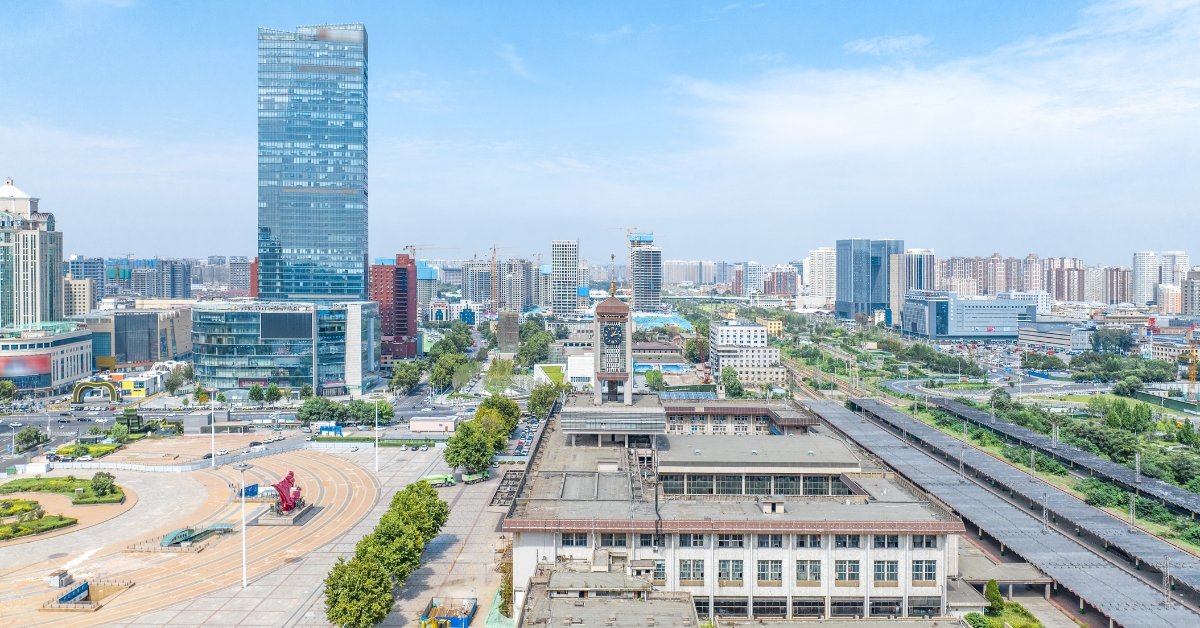China Evergrande Group’s shares surge as trading resumes in Hong Kong amidst debt and investigation concerns. The broader market feels pressure, with the Hang Seng Index nearing an 11-month low.
Table of Contents
Hong Kong – China Evergrande Group, the world’s most indebted real estate developer, saw a resurgence in its stock, with shares jumping by over 60% early Tuesday after a trading hiatus in Hong Kong last week.
Trading Dynamics
By midday, Evergrande’s stocks climbed nearly 16%. Meanwhile, an affiliate, Evergrande Property Services, re-entered the trading scene, according to the Hong Kong Stock Exchange.
However, trading remains suspended for China Evergrande New Energy Vehicle Group, awaiting an announcement related to inside company information.
A Deep Dive into Evergrande’s Crisis
The suspension last week followed the revelation that the company’s chairman, Hui Ka Yan, was investigated by Chinese police on suspicions of illegal activities.
Evergrande also recently disclosed that a critical debt restructuring meeting with its creditors was postponed as sales did not meet company expectations.
Additionally, new debt issuance has been put on hold due to an ongoing investigation into its subsidiary, Hengda Real Estate.
China’s property sector, crucial to its economy, has faced challenges since regulatory changes in 2020.
This led to the real estate giant defaulting on its debt.
Wider Impact on Hong Kong’s Market
Despite the boost for Evergrande, the broader Hang Seng Index plunged 3% to 17,278.37, nearing an 11-month low.
Global factors, like the rising U.S. Treasury yields, influence this downturn.
Major companies, including Tencent Holdings and Alibaba Group, also witnessed declines.
Yan Wang from Alpine Macro advised investors to remain neutral on China, citing subdued growth signs and Beijing’s less impactful policy interventions.
In the larger Asian context, markets showed mixed reactions.
While indices in Australia and Japan declined, South Korea’s market registered a slight uptick.
This refined version provides a more concise and polished presentation of the information.






